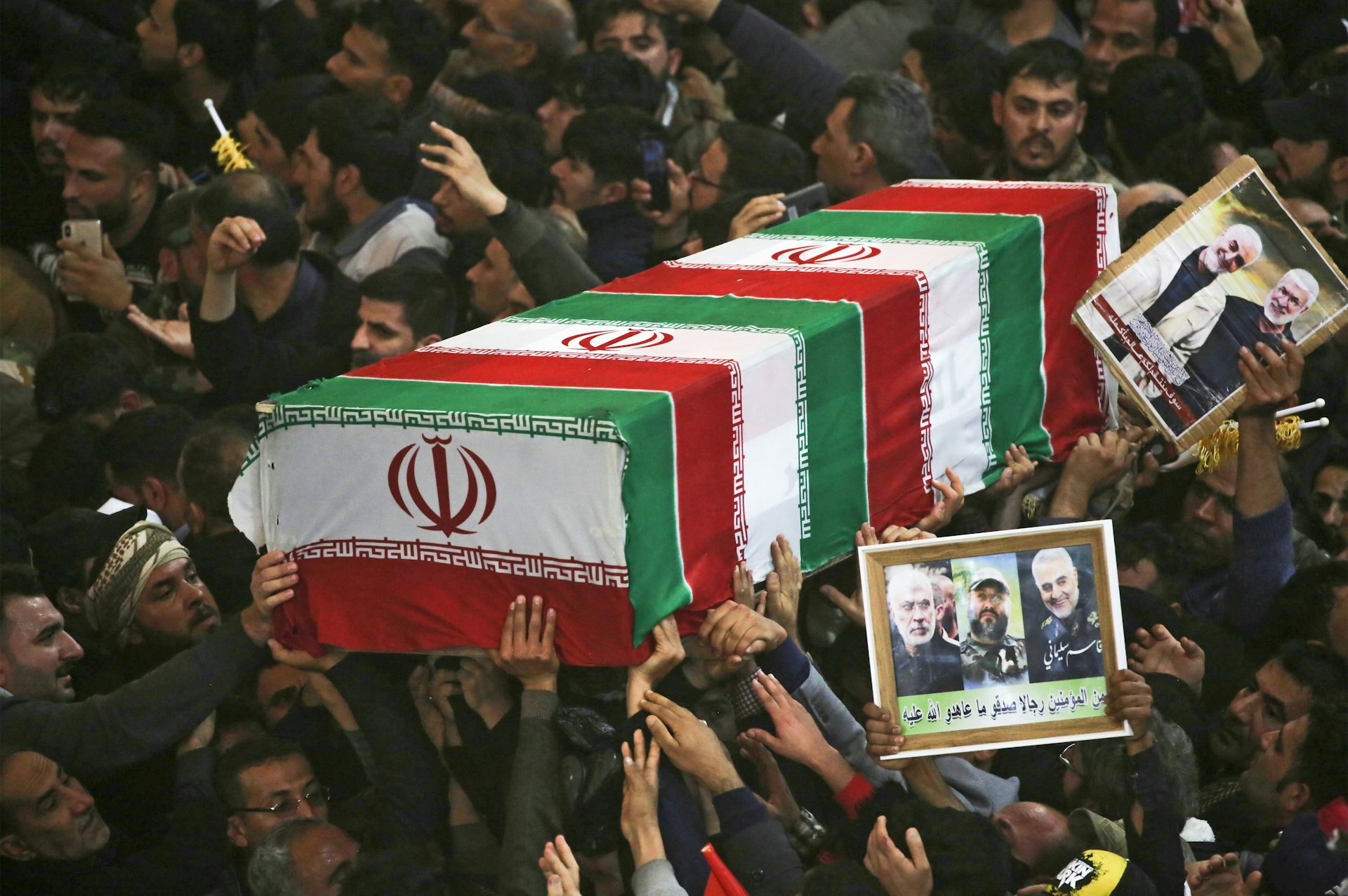

An act that violates these principles is a war crime. It is based on fundamental principles, including the prohibition of military actions that may cause excessive injury, death or damage in relation to the anticipated military advantage the distinction between combatants and civilians and the avoidance or minimisation of harm to the civilian population. International humanitarian law regulates how wars are conducted. A war crime is defined as an act carried out during armed conflict that violates the international rules of war, also known as international humanitarian law. War crimes, along with crimes against humanity and genocide, are considered serious international crimes. There is no minimum number of victims necessary to establish genocide, but the part of the group targeted for destruction must be significant enough that its destruction will impact the group as a whole. The crime of genocide does not require a plan or policy, though the existence of either may be evidence of the intent to destroy the group. The five prohibited acts are: 1) killing members of the group, 2) causing serious bodily or mental harm to members of the group, 3) deliberately inflicting conditions of life on the group intended to physically destroy its members in whole or in part, 4) imposing measures that prevent births within the group and 5) forcibly transferring children of the group to another group. Genocide is defined as committing any one or more of five types of acts when the act is done with the intent “ to destroy, in whole or in part, a national, ethnic, racial or religious group, as such”. Genocide, along with crimes against humanity and war crimes, are considered serious international crimes.


What is a non-international armed conflict?.


 0 kommentar(er)
0 kommentar(er)
